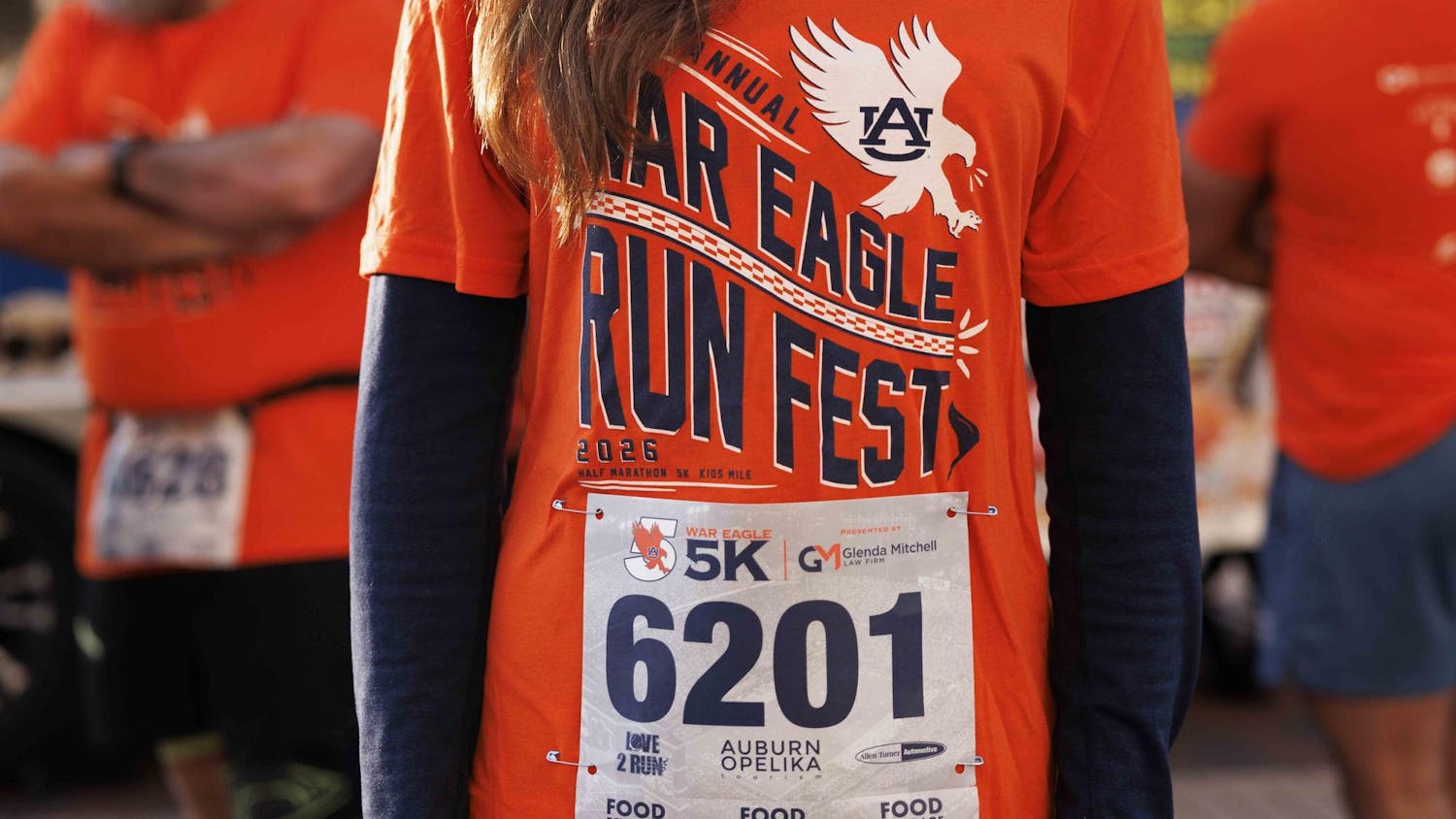The Auburn University Philosophy Club will be performing excerpts from two of Plato's early dialogues, the Apology and the Phaedo, March 28 at 5 p.m. at The Gnu's Room.
The Apology takes place at the trial of Socrates, and the Phaedo takes place in the jail cell when Socrates is executed, said club president Megan Robinson, senior in philosophy and mathematics.
The club decided to undertake these performances after discovering a 1950s dramatic rendition of these two dialogues.
"The script is meant for a full-length play," Robinson said. "As our vision for the event came together, we realized that as philosophers it would be more apt to cut the performance down to around 15 minutes."
After the performances, the group will have an open discussion led by philosophy professors Kelly Dean Jolley and Roderick T. Long. Michael Landreth, senior in philosophy, and Robinson will also lead in the open discussion.
"We're going to be focusing on a few general themes: death v. evil, the type of life worth living and the role of philosophy," Robinson said.
The purpose of the event is to create community discussion and to provide a venue where those interested in philosophy can preserve its interests.
"We find that most people are intrigued by the fundamental ideas of philosophy--what type of life is worth living? Which actions ought I undertake? What is beauty? How do we come to know things?" Robinson said.
Landreth said he believes people have an attitude toward philosophy, thinking that it is irrelevant to the way they live their daily lives.
"The Socratic dialogues challenge that in a way that few other philosophical works do," Landreth said. "Why we should think critically about the things we are told to believe ethically, politically and in many other facets of life is demonstrated brilliantly in the Socratic dialogues. Considering these questions should affect the way we live our life, and they should be of interest to everyone, including students."
The event is free and open to the public.
Do you like this story? The Plainsman doesn't accept money from tuition or student fees, and we don't charge a subscription fee. But you can donate to support The Plainsman.




